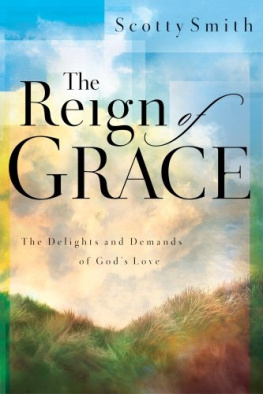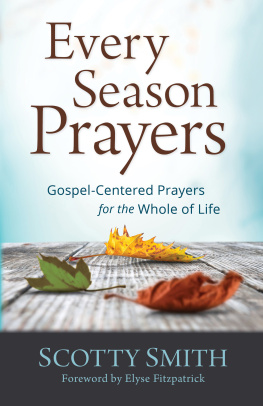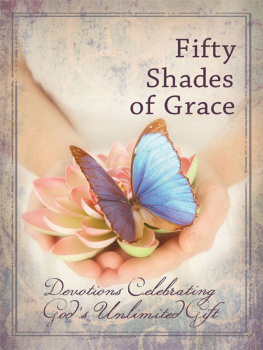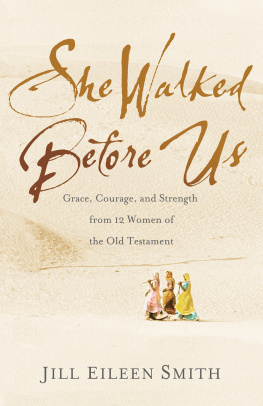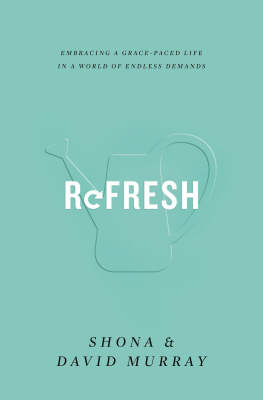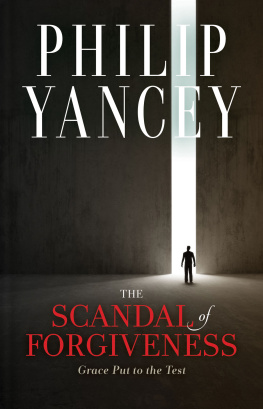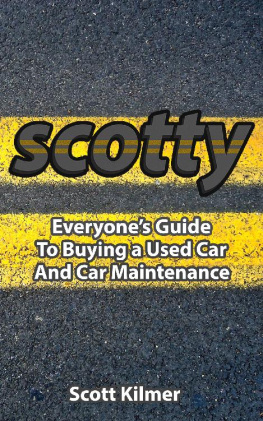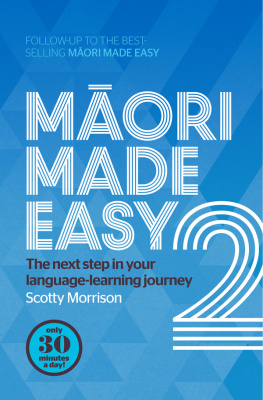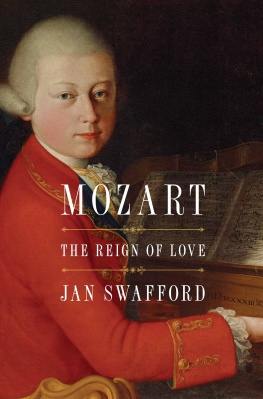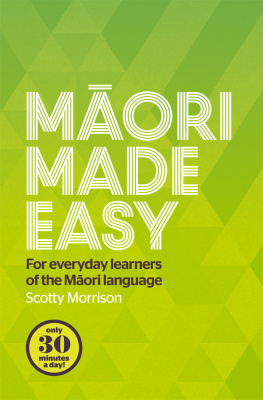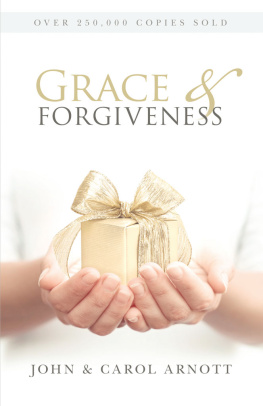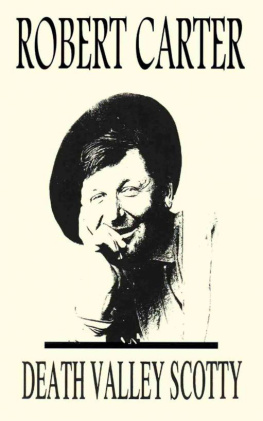Scotty Smith - The Reign of Grace: The Delights and Demands of God’s Love
Here you can read online Scotty Smith - The Reign of Grace: The Delights and Demands of God’s Love full text of the book (entire story) in english for free. Download pdf and epub, get meaning, cover and reviews about this ebook. year: 0, genre: Religion. Description of the work, (preface) as well as reviews are available. Best literature library LitArk.com created for fans of good reading and offers a wide selection of genres:
Romance novel
Science fiction
Adventure
Detective
Science
History
Home and family
Prose
Art
Politics
Computer
Non-fiction
Religion
Business
Children
Humor
Choose a favorite category and find really read worthwhile books. Enjoy immersion in the world of imagination, feel the emotions of the characters or learn something new for yourself, make an fascinating discovery.
- Book:The Reign of Grace: The Delights and Demands of God’s Love
- Author:
- Genre:
- Year:0
- Rating:4 / 5
- Favourites:Add to favourites
- Your mark:
- 80
- 1
- 2
- 3
- 4
- 5
The Reign of Grace: The Delights and Demands of God’s Love: summary, description and annotation
We offer to read an annotation, description, summary or preface (depends on what the author of the book "The Reign of Grace: The Delights and Demands of God’s Love" wrote himself). If you haven't found the necessary information about the book — write in the comments, we will try to find it.
Scotty Smith: author's other books
Who wrote The Reign of Grace: The Delights and Demands of God’s Love? Find out the surname, the name of the author of the book and a list of all author's works by series.
The Reign of Grace: The Delights and Demands of God’s Love — read online for free the complete book (whole text) full work
Below is the text of the book, divided by pages. System saving the place of the last page read, allows you to conveniently read the book "The Reign of Grace: The Delights and Demands of God’s Love" online for free, without having to search again every time where you left off. Put a bookmark, and you can go to the page where you finished reading at any time.
Font size:
Interval:
Bookmark:

Though there are dozens of people to whom I owe a huge debt of love for their contributions to this project, I want to single out only one. It is with the greatest joy and sincerity that I thank you, Darlenemy wife, lover, partner in the gospel, friend, and hero of thirty-one years.
I love you.
GRACE

I love you too. He was eighty-two and I was fifty-one, but it was the first time in my life Id heard my dad speak those words. Though they comprised a mere sentence, they carried the freight of heartfelt expectations and bore the weight of long-term implications. Life and conversation have taught me that a great percentage of us die without ever hearing our dads utter this tiny, but titanic, phrase.
Dismissing it as a generational thing, I never expected my dad to verbalize what I knew to be in his heart. In fact, Id done a pretty good job of convincing myself it really wasnt that big of a deal. They were just words, right? If it had taken me half a century to hug my dad and tell him I loved him, who was I to expect the same from a southern octogenarian plus?
It was right after Thanksgiving. As Dad and I were finishing a phone visit between my office in Tennessee and his den in North Carolina, I ended our conversation with the benediction that still feels new to me: I love you, Dad. However, before I could put the receiver down, Dad made a huge deposit in the treasury of my heart. Without missing a beat, he responded, I love you too.
With that unprecedented and spontaneous return volley, he simply hung up. Stunned, I replayed each word like a hungry man savoring every morsel of a long-dreamt-about feast. Then I hung up the phone and thrust my arms up in the air like I had just won the New York City Marathon and yelled, Yes! loud enough to startle even myself. My dad loves me!
I never knew how much the absence of actually hearing my dad express his affection for me had affected my heart until that phone call in December 2001.
With those simple words, I love you too, I was overcome with emotion. I felt the surprise and joy of a little boy on Christmas morning opening the gift hed made hints about but didnt think his parents could afford. I felt somewhat awkward and shy, like right after the first time I kissed the beautiful, young woman who would become my wife. I also felt the same freedom and happiness I remember coursing through my whole being when, at last, I really had a reason to stand up during the singing of the Hallelujah Chorus in December, 1968.
Most of my life Ive felt like an orphan in my own housealways on the run, never able to sit still very long, uncertain of my place in the family portrait. But when my dad told me that he loved me, something clicked, congealed, convergeddeep in my heart. Our relationship, already significantly healed, began to take on a whole new direction. The wonderful status of finally having a real dad (not the impersonal Pop Id always called him) segued slowly into the dynamic of my living as a son. Making the emotional transition from being a boarder in my family system to being a welcomed son hasnt been easy. Its required a lot of me; its especially required unhurried reflection and new degrees of vulnerability.
Since the day he spoke that blessing into my soul, I find myself lingering in the implications of feeling loved by Dad. Im aware of being a steward of something very precious. How does a fifty-two-year-old son respond to the heart movement of an eighty-three-year-old dad? It would have been one thing for Dad to have given me a gift of money, but at a far greater cost to him, Dad has given me his heart. What does good stewardship of this kind of gift involve?
As I continue to ponder this mystery and movement in my own heart, I see my relationship with Dad as a powerful parable, a mighty metaphor for my relationship with God. To hear Dad say I love you too has proven to be the current megaphone by which Abba, Father, is speaking his own I have loved you deep into my DNAnot just into my theological hard drive. I find myself reflecting a whole lot more about the dynamic, and not just the status, of being loved of God, about the radical implications of his grace, and about good stewardship of the most costly of all giftsthe indescribable gift (2 Cor. 9:15) of Jesus.
Regarding my story, its the difference between studying and communicating the theology of grace and sitting down (and still) and having face-to-face, transforming communion with the God of all gracemaking unhurried eye contact with him. Its the difference between knowing propositions and being known by a Personbetween theological vocabulary and the vocation of knowing Jesus.
For those of you whove read my last book, Objects of His Affection, you know that in it I tell the story of the death of my mother and the stifling effect it had on my emotional and spiritual growth and my relationship with my father. The automobile accident that took her life left my dad and me emotionally and relationally paralyzed. We simply had no clue how to deal with the devastating loss of the wonderful woman who was my mom and his wife. I was only eleven at the time, and for the next thirty-nine years, Dad and I were held hostage by our undealt-with grief and doomed-to-fail coping mechanisms. No words of love ever passed between my dad and me or my brother. Moms nameMartha Amandawas not mentioned even once between us for all those years. None of us shed one tear over her in the presence of the other. We simply couldnt go there. She was never forgotteneven for one daybut she was never remembered out loud or together.
But shortly before my fiftieth birthday and while in the process of writing Objects, the relationship between my father and I began to thaw. During the same time, I finally made my first visit to the tiny piece of real estate in Burlington, North Carolina, that had held mammoth sway over my heart for so long. Standing over Moms grave for the first time since wed buried her, a process of resurrection was initiated in my heart that continues to this day. Though rusted shut by years of uncried tears, the prison doors of my soul were ripped off their immobile hinges by that visit in February 2000, and my soul found new meaning and depth in the compelling love of God. It is this new awareness that I explored in Objects of His Affection and will continue to explore in this, The Reign of Grace.
How, then, would I describe the relationship between these two books? Movement from admiring an intriguing doorway to taking a few steps through the portal into the realm of new-creation living. It is my hope that The Reign of Grace is an extension of the call Asian the Lion (the Christ figure in C. S. Lewiss Chronicles of Narnia) gave to the children and creatures in the shadowlands (life as it is lived in this world) to come further up and further in into NarniaLewiss literary tool for describing life lived in the transforming presence of Aslan. Narnia has now become for me a powerful symbol of the expanding and consuming reign of the Lion of the tribe of Judah, Jesusthe reign of redeeming grace.
In The Last Battle, the seventh and last in the series of the Chronicles of Narnia, a conversation between Lucy and her oldest Narnian friend, Faun Tumnus, captures this ongoing journey into Narnia.
I see, she said at last, thoughtfully. I see now. The garden is like the stable. It is far bigger inside that it was outside.
Font size:
Interval:
Bookmark:
Similar books «The Reign of Grace: The Delights and Demands of God’s Love»
Look at similar books to The Reign of Grace: The Delights and Demands of God’s Love. We have selected literature similar in name and meaning in the hope of providing readers with more options to find new, interesting, not yet read works.
Discussion, reviews of the book The Reign of Grace: The Delights and Demands of God’s Love and just readers' own opinions. Leave your comments, write what you think about the work, its meaning or the main characters. Specify what exactly you liked and what you didn't like, and why you think so.

